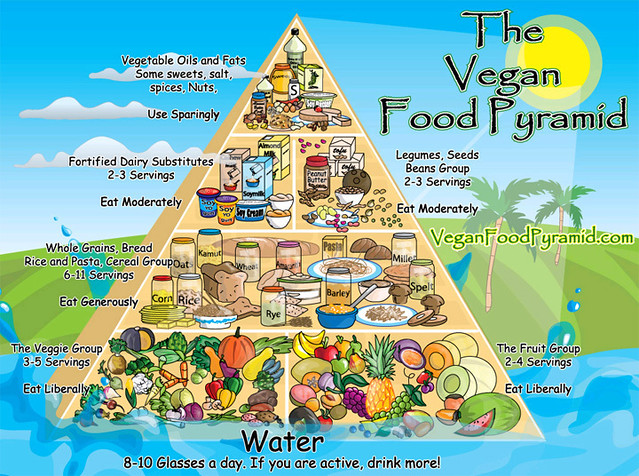Being vegan is not quite an easy thing to do, but I do enjoy it. When people ask me “why did you become vegan?” I say it is mainly due to its health benefits. Veganism has been going on for such a long time that there has been a lot of research on it. Some people think that following a vegan diet leads to a poor state of the body; however, it has been proved that veganism is the opposite.
First, let’s review what vegan means. As the Vegetarian Resource Group defined “vegetarians do not eat meat, fish, or poultry. Vegans, in addition to being vegetarian, do not use other animal products and by-products […].”
I would like to start with how a vegan diet improves our health in several different ways. The Nursing School catalog has listed some diseases that vegan diets may help reducing. Among those, there are cardiovascular diseases and different types of cancer, lower cholesterol levels, reduced blood pressure, lower Body Mass Index, and weight loss (if a balanced diet is followed).
Furthermore, following a vegan diet also improves the levels of some vitamins and essential elements to our body. Examples of such are Vitamin C, Vitamin E, Magnesium, Potassium, fiber, and antioxidants. In addition, vegan diets contain less saturated fats.
Now I would like to switch gears and present you some of the misconceptions about vegan diets. The question that most people ask is “where do you get your protein?” The fact is that there are several protein sources in a variety of forms. Vegan Coach provides a list of the items that contain lots of protein, in which beans, lentils, leafy dark greens, nuts (peanut butter!), and tofu (and tempeh) are the richest ones.
Another myth that VegKitchen remarks is that vegans are considered to take a significant number of supplements. In order to get all the essential nutrients our body needs, one has to eat a balanced healthy diet; this includes whole grains, legumes, fruits and vegetables, and nuts.
Nevertheless, there is some truth that B-12 deficiency is common among vegans. The way to treat this is by indeed taking supplements as Sharon Palmer claims in her paper since B-12 is a vitamin found in animal products. However, I got a blood test done and my B-12 levels were above the average.
Last but not least some people think that us, vegans, are limited to eating salads are fruits. Personally, I would totally disagree with that. I have read a couple of books (Veganomicon is my favorite one) that give lots of recipes with foods I would have never thought about.
In conclusion, vegan diets are a healthy diet even if it does not involve consuming meat, dairy or fish. The American Diet Association (ADA) confirms “appropriately planned vegetarian diets, including total vegetarian or vegan diets, are healthful, nutritionally adequate, and may provide health benefits in the prevention and treatment of certain diseases.”
For your enjoyment here is a YouTube video from Vegan.com that shows how to make Chia Pudding Parfait (Vegan). 😉



.jpg)

One response to “Veganism–Health Benefits and some Misconceptions”